Fred Smith, the founder of FedEx, would like to see large freighters compatible with single-pilot operations. But what about passenger jets?
The last few years saw a lot of movement around cargo aircraft. And it wasn’t all about the pandemic, either. While the events in 2020 shook aviation in an unprecedented way, changes in air freight began a bit earlier, with a rise in e-commerce over more “traditional” cargo. Among other effects, this changed the way some cargo operators use their aircraft. And in turn, it changed the type of new aircraft these operators want to buy.
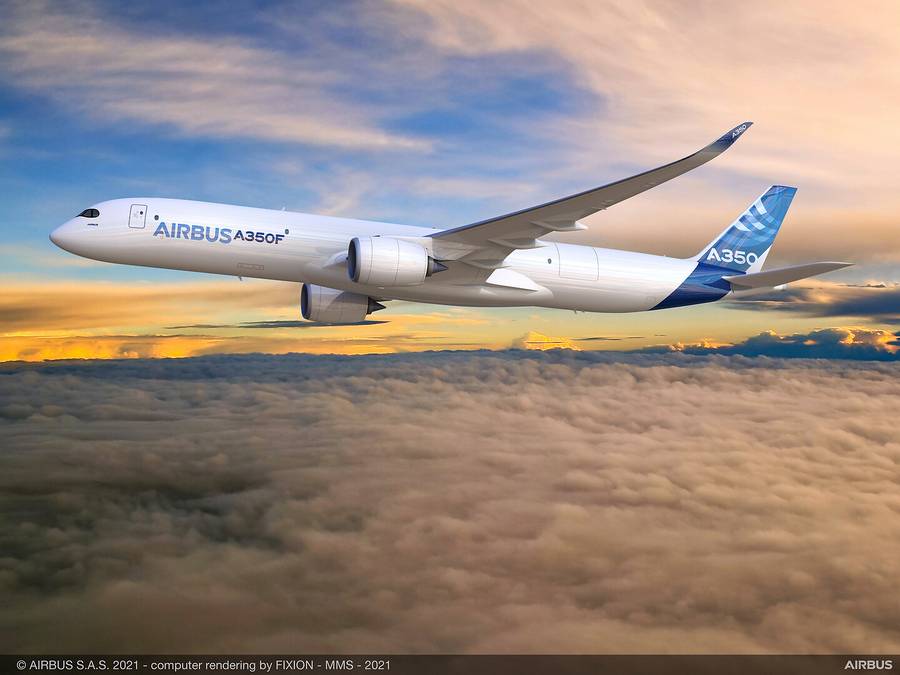
New aircraft create a chance for innovations, and this takes us to FedEx and the concept of single-pilot operations. In previous months, we saw that Airbus has been working on ways to increase the autonomy of its aircraft operations. These Airbus studies weren’t looking specifically or exclusively at freighters, of course. But they came at around the same time as when the European manufacturer was pondering the launch of the A350 freighter.
Single-Pilot FedEx Aircraft: Starting Small
The idea of a single-pilot freighter is something that FedEx was looking at, for other platforms. The company is working with Sikorsky (now a Lockheed-Martin subsidiary) on a project that could allow single-pilot operations for its ATR turboprop fleet. FedEx has a number of these aircraft, generally in the hands of contract operators worldwide.
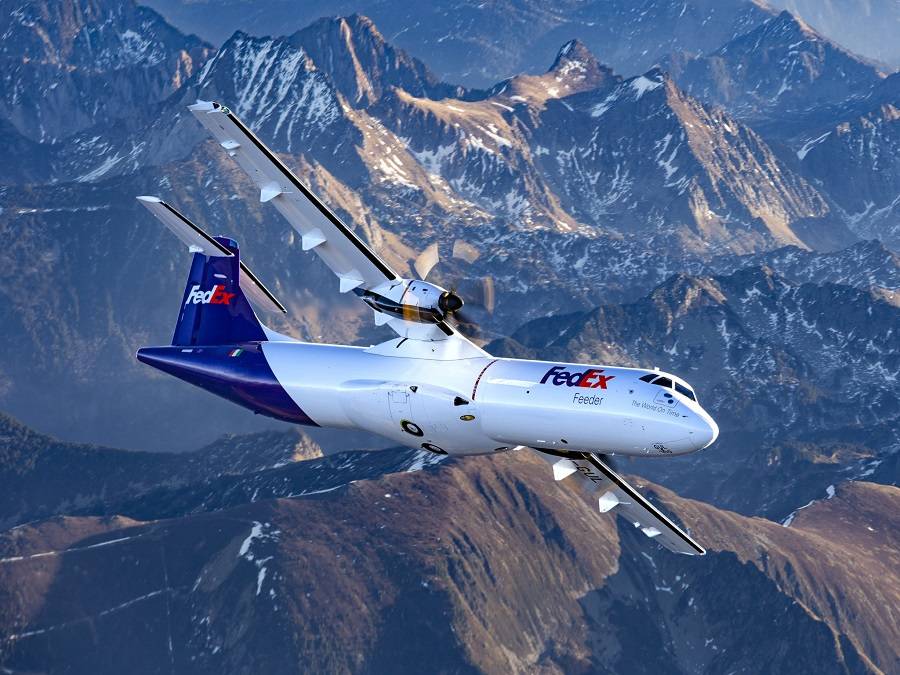
In an interview with Leeham News, Fred Smith, the FedEx founder and Executive Chairman, stated that he would like to see a similar approach involving the A350. But he makes it clear that the concept that Airbus is proposing to FedEx isn’t quite the same “single-pilot” idea. Rather, the Airbus approach has to do with minimizing the number of crew members necessary for long trips.
As we have seen, the idea here is that there would be two crew members in the cockpit for all critical phases of flight – as is the case at the moment. But during cruise, the pilots would take turns resting. Making this possible involves a lot of automation, but also some more practical matters. Simply using the restroom while the other pilot is resting, would be such an issue.
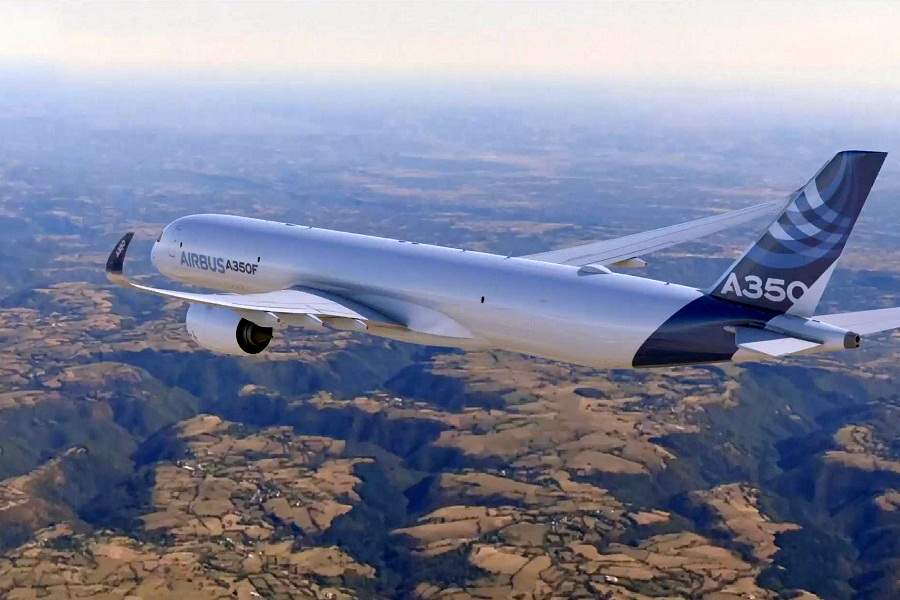
But Airbus and even Boeing believe that there are ways around these obstacles, for “reduced crew” operations. The FedEx executive chairman points out other technological developments that could benefit single-pilot operations. Garmin has worked with manufacturers of smaller aircraft, to make it possible for a passenger to command them to land at the press of a button if anything happens to the sole pilot.
Mystery New Boeing Freighters??
There is more in this story, that could lead to more revelations in the coming months. According to Leeham News, FedEx has also been talking to Boeing for possible next-generation freighters, also with a single-pilot option. FedEx has a sizeable fleet of 767s, that it doesn’t really want to replace with larger aircraft, for practical reasons.
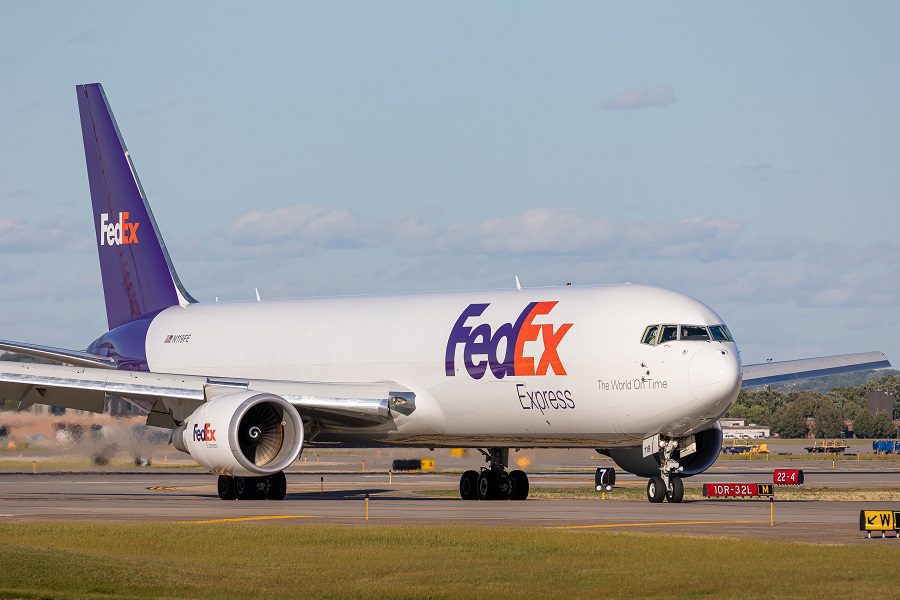
Fred Smith believes that freight operators like FedEx will be the first to get large single-pilot (or “reduced crew”) airliners. But in a sense, perhaps the likes of FedEx, UPS, and DHL are the exception, not the rule. These companies will buy large numbers of brand-new freighters. However, smaller freight operators will either buy small numbers of such new jets, or conversions.
And unless it becomes possible to add substantial automation to freighter conversions, to make reduced-crew operations practical, it might be hard for such innovations to become widespread quickly. FedEx, too, is considering the purchase of conversions like the 777-300ERSF, despite the scale of its operations.
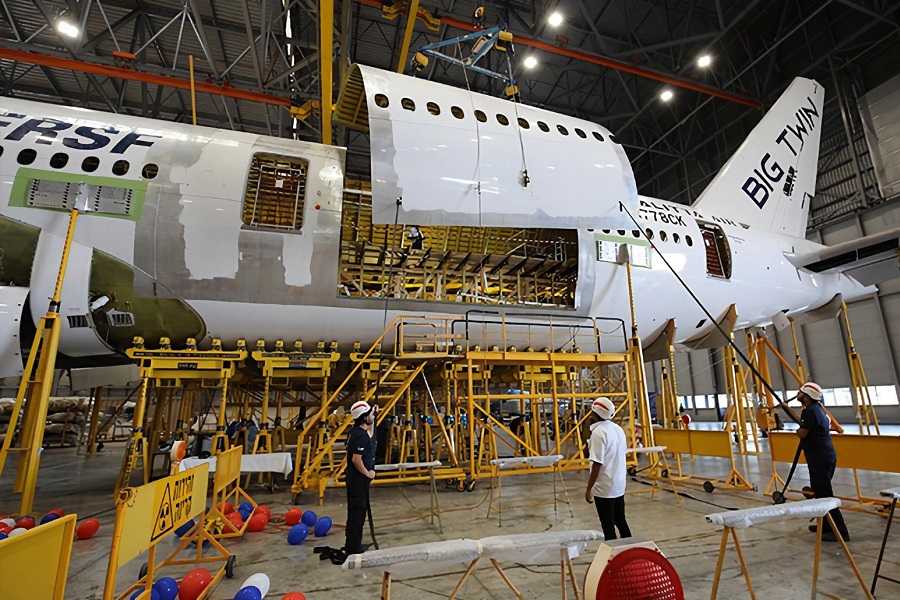
Even large cargo companies will have to approach the post-pandemic market carefully. The return of passenger long-haul flying is restoring much of the freight capacity that was missing in 2020, 2021, and much of 2022. So, with a “normalizing” market on the cards, can FedEx and its competitors expect innovations like single-pilot aircraft to come soon?




1 comment
Susan Jamieson
1. What if the plane is hit by lightning or sun spot flare’s EMP field, frying the antennas and some computers? A couple biological computers are the best solution.
2. What if the (mRNA-vaxxed?) ‘Healthy’ Pilot has a sudden heart failure, blood clot, or stroke? We still do not know what altering a persons dormant RNA does to their DNA. Many military and civilian pilots have been injected. The military doctors are complaining about the increased disabilites & casualities amongst non-war-zone staff and soldiers.
3. Is the increase in insurance costs and loss of public confidence IF there is an incident worth the savings of running with only 1 or 1.5 pilots?
4. Pilot flying should be wearing a monitoring watch that will sound a loud alarm (to wake and warn the other pilot) if there is an irregular (or no) heartbeat or breathing stops >20 sec.
5. If one pilot is off resting and one flying, I can see the pilot flying being ok to use the adjacent bathroom if the door remains open with a view of the cockpit’s warning lights (or there is a remote panel of warning lights & displays) and he is quick; Longer ‘Daily Sessions’ need to wait until his break time.